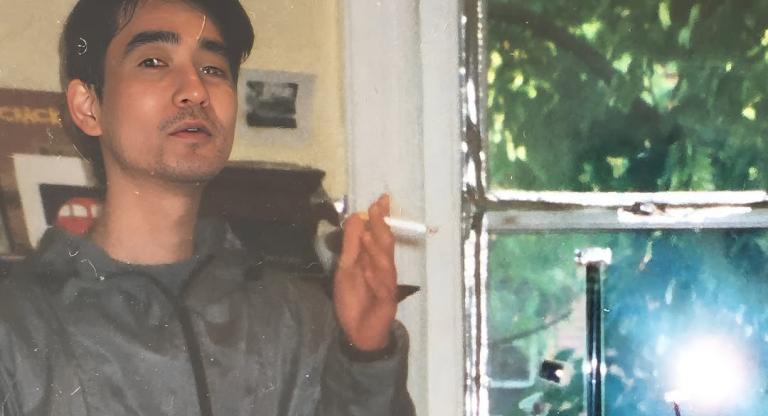Undaunted by the prospect of losing any fans he might have accrued off his Oscar win for Drive My Car (2021), Ryusuke Hamaguchi shifts away from that film’s virtuosic and accessible melodrama to give us moody dissonance and thematic inscrutability in his latest film, Evil Does Not Exist (2023). A minor though not insignificant work, it is less an intentional spurning of the audience than a wandering artistic exercise, the success of which depends greatly on whether you find the film’s closing moments of piercing obliquity enriching or diminishing. The longer you dwell on them, the less meaning you uncover, which in its own way becomes a sort of liberation from the film.
The residents of a small village, Harasawa, butt heads with a faceless corporation that plans to develop the neighboring forests into a glamping site, which will adversely affect the environmental wellbeing of the community, both its human and animal inhabitants. The proposed installation of a septic tank becomes comic fodder, central to a town hall meeting conducted by two of the companies’ uninformed though exceedingly civilized spokespersons who don’t anticipate being schooled by whom they no doubt assume to be local yokels. Some of the most forceful opposition comes from the film’s central character, Takumi (Hitoshi Omida), a jack-of-all-trades handyman who lives with his young daughter, Hana, at the edge of the woods.
In cataloging these conflicts, Evil Does Not Exist becomes, nominally, an ecological thriller, but the real tensions are embedded in Hamaguchi’s formal orchestrations. When he points the camera skyward, or out the back of the car, the natural world floats above or recedes into the distance, leaving us supine and defenseless. The village is ensconced in the kind of idyll rusticity that the company hopes to repackage into something salable. And yet the rural quiet—Takumi’s daily rituals of chopping wood, foraging wild wasabi, fetching water from a purling stream—are doused in a discomfiting sense of dread, offering none of the solace that one expects from such environs. There’s something curdled in the air, a feeling only buttressed by deathly images (a stray feather, a fawn’s corpse), Eiko Ishibashi’s score (mournful strings, discordant tritones, ambient bleeps), from which the film was borne, and a jittery camera. Certain scenes filmed at a high frame rate judder infinitesimally, imbuing the frenetic ballet of school pickup with unidentified menace.
Unfolding with careful detachment, the narrative unexpectedly fissures, bringing the two company agents to the forefront, during an extended, conversation-heavy driving scene that largely works to humanize the seeming antagonists. Hamaguchi does not extend this treatment to Takumi, who ends up being something of a cipher. If evil does not exist we have in its absence apathy, inevitability. Maybe.
Evil Does Not Exist screens tonight, October 5, and throughout the New York Film Festival. Tonight’s and Saturday’s screenings will be followed by conversations with director Ryusuke Hamaguchi.



